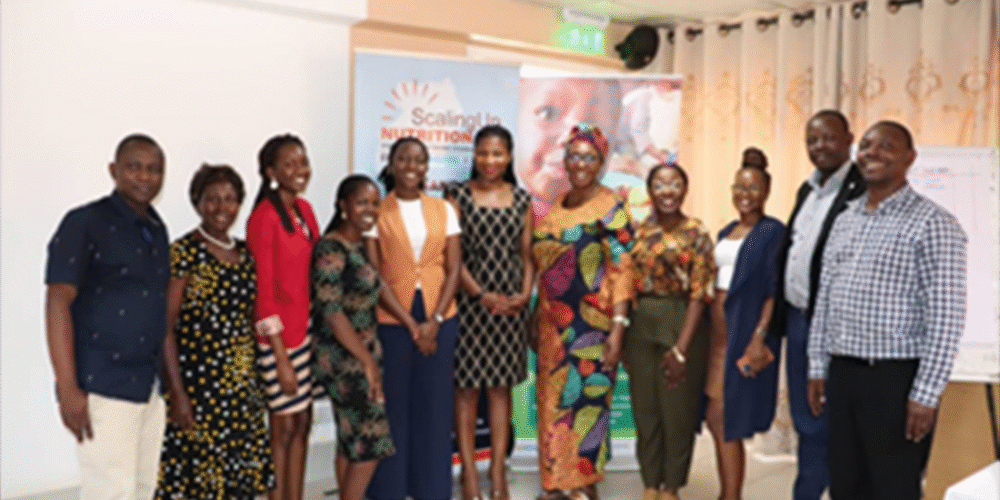The Scaling Up Nutrition (SUN) Movement is a global, multi-stakeholder effort launched in 2010 to end all forms of malnutrition by 2030. It operates on the premise that nutrition is not only a health issue but a cornerstone of sustainable development. SUN 3.0 (2021-2025), the Movement’s current strategy, emphasises country leadership, multi-sectoral action (health, agriculture, education, WASH, social protection, climate), equity, youth engagement, and the principle of “leaving no one behind.”
Within this broader framework, the SUN Civil Society Network (SUN CSN) connects over 5,000 local and international civil society organisations across more than 50 countries. Its goals are aligned with the Movement’s global mandate, including promoting meaningful civil society representation (especially for marginalised groups), advocating for stronger policies and accountability, building network sustainability, scaling up nutrition-sensitive interventions, and grounding actions in evidence and learning.
In Uganda, the Civil Society Alliance for Nutrition Uganda (CISANU) functions as the national Civil Society Alliance under SUN CSN. Its role is to coordinate and amplify CSOs working on nutrition-specific and nutrition-sensitive interventions, engage the government on policies, monitor commitments, and ensure multi-stakeholder coordination. KRC-Uganda, as Vice Chair of SUNCSN Uganda, occupies a strategic leadership position in this system, helping steer Uganda’s SUN commitments into action.
In September, atEureka Hotel, Kampala, KRC-Uganda (as Vice Chair of SUNCSN) partnered with the SUN Movement East & Southern Africa regional teams to host a two-day good governance technical support workshop. The core purpose was to assess the institutional capacities of SUNCSN Uganda, identify gaps, and build roadmaps for improvement.
While the Kampala mission is part of KRC-Uganda’s ongoing work, its leadership role involves multiple dimensions aligned with the SUN Movement’s core mandate:
- Advocacy & Policy Engagement: Influencing national policies, budgets, and legal/regulatory frameworks to prioritise nutrition, especially for vulnerable groups.
- Capacity Building and Institutional Strengthening: Supporting CSOs to build systems (governance, financial, human resources, monitoring) to be credible partners in multi-stakeholder platforms.
- Coordination: Bridging between civil society, government, donors, private sector, and other SUN stakeholders to ensure alignment behind Uganda’s Nutrition Action Plan and other national strategies.
- Evidence and Learning: Facilitating learning exchanges, collecting and using data, monitoring progress, and adapting strategies based on what is working.
- Ensuring Inclusion: Making sure marginalised voices (women, youth, remote communities) are represented in decision-making and that interventions are equitable.
Conclusion
KRC-Uganda’s role as Vice Chair of SUNCSN Uganda goes beyond representation: it is about leadership, system building, advocacy, and ensuring that civil society has both a voice and capacity. As the SUN Movement strategy underlines, sustainable progress in nutrition depends on strong institutions, inclusive participation, evidence, and accountability. With the right follow-up, Uganda’s civil society, with KRC-Uganda in a pivotal role, the SUN Movement will achieve its vision of a world free from malnutrition by 2030.
SUN Civil Society Network+3Scaling Up Nutrition+3Scaling Up Nutrition+3
Article by Nalunkuuma Sharon, Food Systems & Nutrition Program Manager, KRC-Uganda


